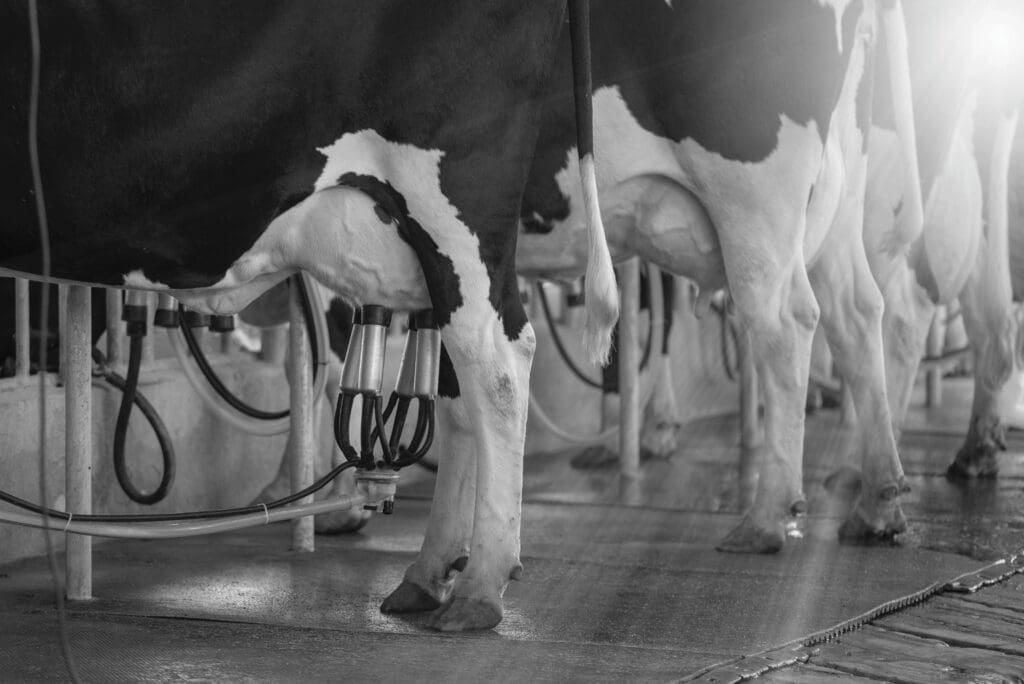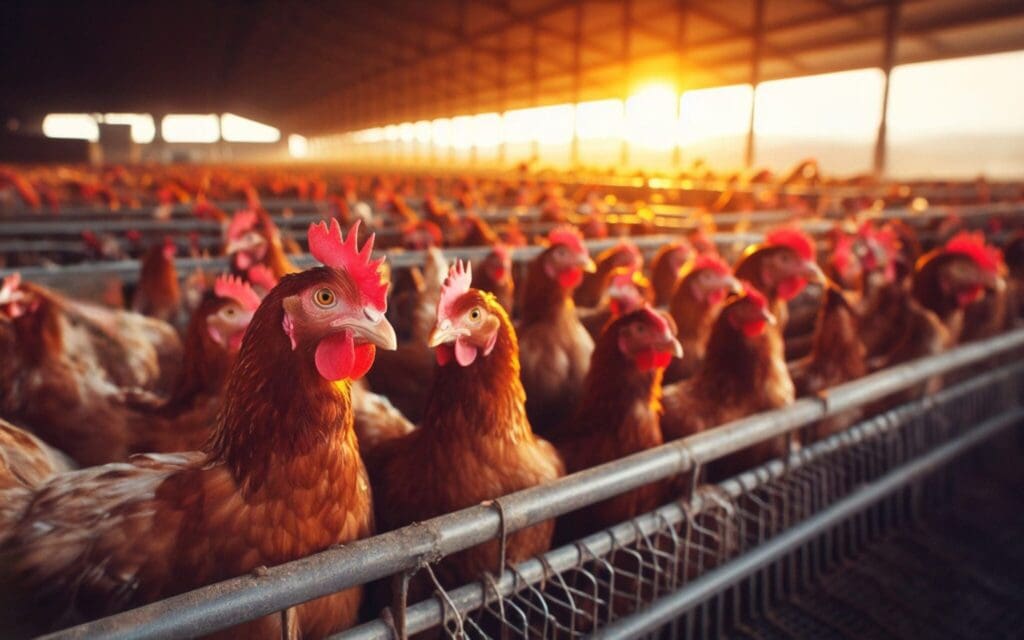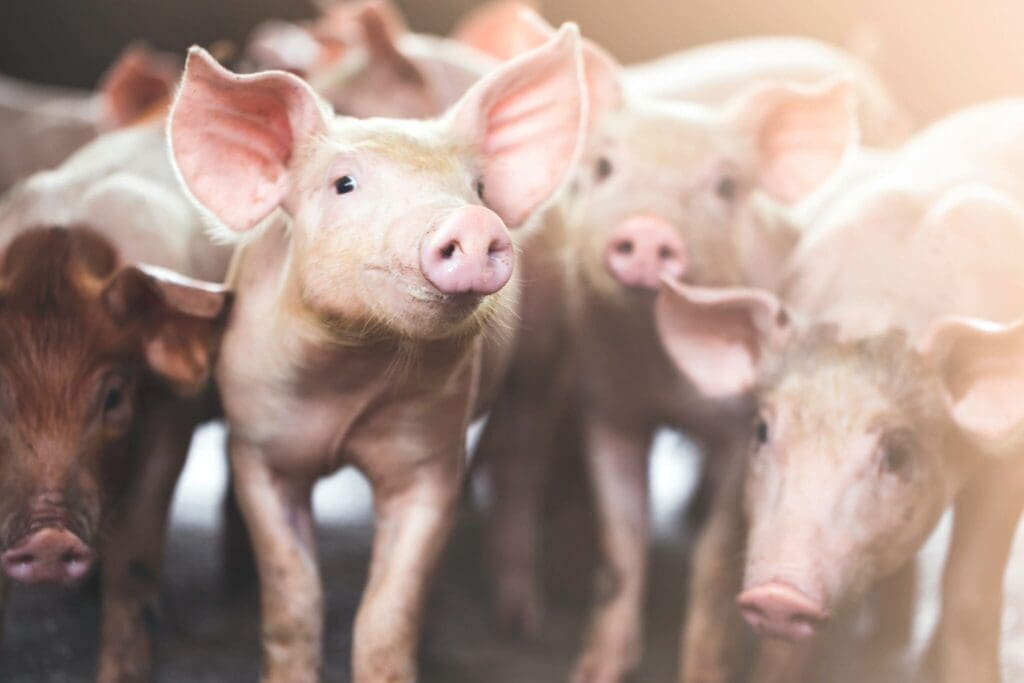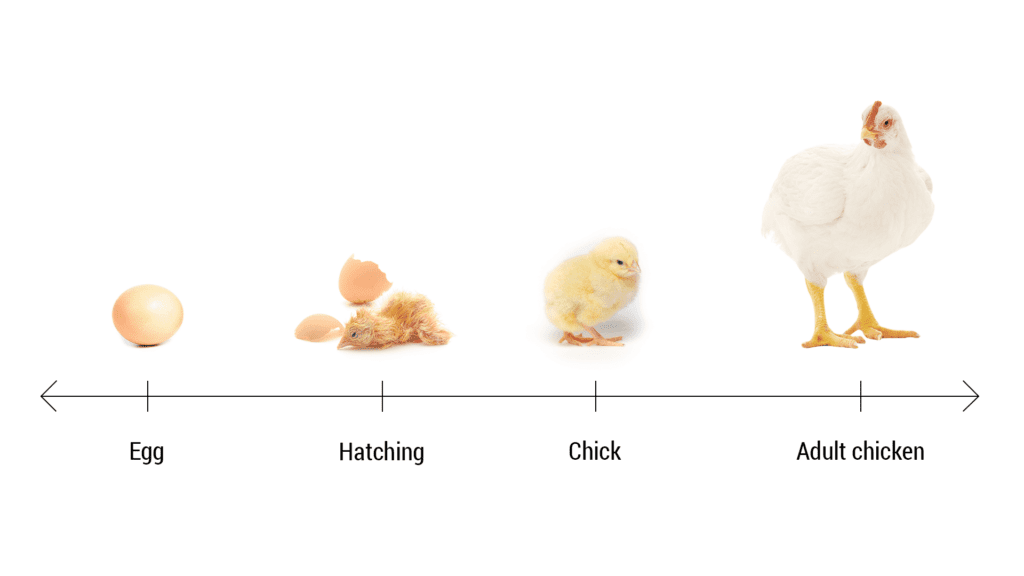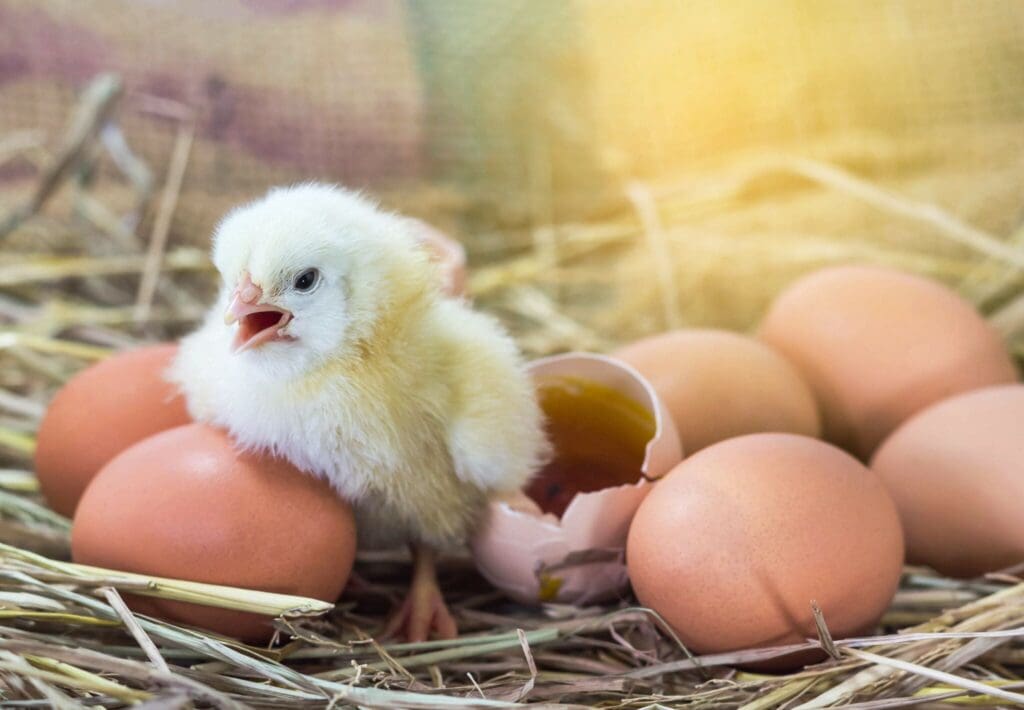There is an increased demand for the reduction or elimination of routine antibiotic use in poultry production, due to overuse and/or misuse of antibiotics in agriculture contributing to the development of antibiotic-resistant bacteria. High antibiotic use in poultry production can be a sign of suboptimal animal husbandry practices. Instead of addressing the underlying issues, such as overcrowding, poor hygiene, and inadequate nutrition, antibiotics are sometimes used as a preventive measure or to promote growth. Reducing antibiotic use encourages the implementation of better animal welfare practices, focusing on prevention, good hygiene, and improved overall health of the birds. However, reducing or removing antibiotics from poultry feed is not a simple practice. Challenges such as dysbacteriosis, chronic inflammation, and necrotic enteritis may increase in prevalence and subsequently lead to reduced feed efficiency and performance and, ultimately, increase economical losses.
This highlights the importance of pursuing exceptional health status of birds by focusing on promoting positive gut development and maturation. This, in turn, will support the bird to reduce energy expenditure to an activated immune system, but rather be able to channel the use of energy for growth and production. To further add to the dilemma, birds that have been selected for high performance and production rates, experience increased nutrient turnover during growth stages and there is less time for maturation of the gut compared to their slower-growing counterparts.
As the gut plays a vital role in immune function, nutrient digestive and absorptive capacity and, consequently, production, it is important to ensure that the diet contributes to the favourable development of the gut. It goes without saying that there are major changes to the gut structure as the bird ages, but it is important to consider the changes that occur in the microbiota that reside in the gut from hatch until slaughter. The bacterial population grows ten-fold from hatch to 21 days and the microbiome which establishes will greatly influence the colonisation of potential pathogens, immune system development, and the provision of nutrients to the host. To maintain or improve performance without the use of antibiotics, there are three areas that need consideration, including nutrition, microbiota balance, and immune function. Considering these three topics together can be referred to as the nutribiotic state. Although it is challenging to remove antibiotics from production, the continuous use of antibiotics does not contribute to a favourable microbial state to begin with, since the primary mode of action of antibiotics are to reduce the amount of non-beneficial gut bacteria. Regrettably, beneficial bacteria are not resistant to the presence of antibiotics and their numbers will also be reduced during administration. Therefore, moving away from routine antibiotic use can be seen as a new challenge or as an opportunity for a better understanding of how the microbiome influences production.
A probiotic like Enviva® PRO is an essential part of poultry feed supplementation in an antibiotic-free environment with the focus on establishing a more favourable gut environment. This is achieved by promoting the development of beneficial bacteria such as lactic acid bacteria and limiting the growth of the non-beneficial bacteria that negatively affect production. Enviva PRO works by establishing a beneficial microbial population in the gut and inhibiting the colonisation of coliforms and avian pathogenic Escherichia coli (APEC), which may have a negative impact on productivity. Therefore, to ultimately support the establishment of a diverse and favourable microbiome that offers a mature gut by 21 days of age, giving birds a healthy start to gut development by use of probiotics is an alternative strategy in moving away from the use of antibiotics.
Read more about “Enviva® PRO: The multi-strain probiotic solution” in the final article in this series.
Anneleen Swanepoel is a poultry layer specialist at Chemuniqué. She holds a bachelor's degree in animal science from the University of Pretoria, as well as a master's degree in aquaculture from Auburn University in the United States.
